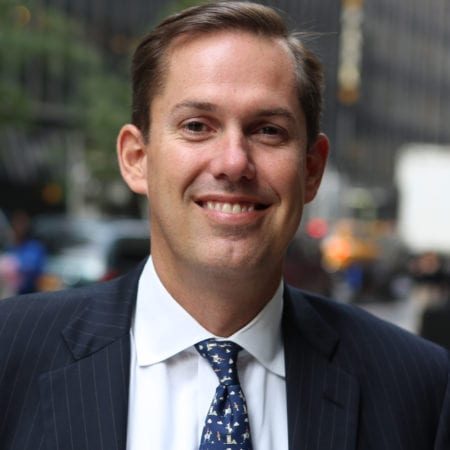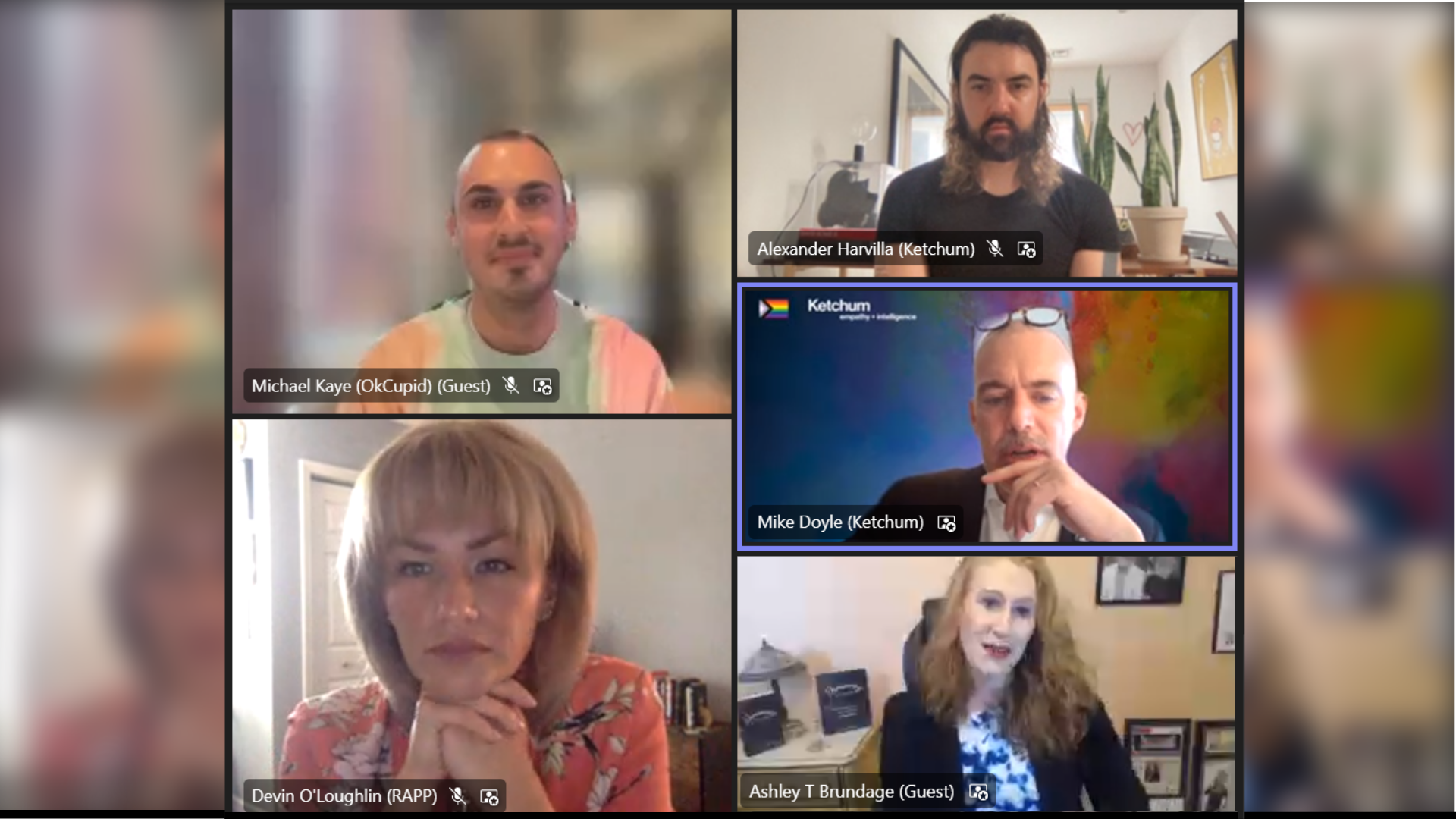The events of 2020 have affected all of us in different ways, but make no mistake—we’ve all been affected. For those of us working in crisis communications and reputation management, new dynamics are creating unexpected new challenges. I believe we will look back on this year as an inflection point for the communications disciplines related to corporate reputation. While the pace and extent of change have been daunting, I’m hopeful that the end result will be a sharpening of our craft through the very real-life experiences of this past year.

One of the key attributes of the successful crisis counselor—objectivity—has been severely challenged during the pandemic. Normally our position as counselors allows and calls for the professional detachment necessary to provide impartial, independent, unbiased and unvarnished advice. To employ the often-used metaphor of a house on fire, crisis counseling frequently plays the role of fire brigade, sweeping in with tools and manpower to quell the flames and rescue those within. In 2020, however, it has mostly felt like all our houses are on fire. Even as we work to address significant client needs, we’ve been doing the same in our own businesses, workplaces, personal lives and communities. Similarly, we’re counseling clients on social justice issues as civil unrest is happening literally outside our doors and in our communities. Rather than outside-in counseling, we’re working on more of an inside-in basis, disturbing the arm’s-length perspective that has always been one of our most reliable tools.
Not only has 2020 challenged this dynamic, it also has demonstrated the challenge of sheer relentlessness throughout the entire year. Many of our multinational clients with Asia-Pacific operations have been standing up to the same sustained, elevated level of crisis since CV19 arrived in China in January. We’ve seen and felt the obvious toll on the organizations but also on the individuals involved, leading to institutional strain along with physical, emotional and mental health issues. It’s difficult to maintain the same level of focus and vigilance on reputational matters when our clients, and many parts of the world, have been in a state of crisis for such a long, uninterrupted period.
Finally, the scale of the issues we’re confronting can put client communications teams in a sticky spot. Organizations frequently view communications as a band-aid to address the concerns of the immediate moment, when what’s really needed is a more fundamental business change or solution. 2020 has reaffirmed for many clients, sometimes in difficult ways, that addressing corporate reputation challenges requires broader business decisions vs. a “solve it with communications” approach.
So what have we learned from this year of years?
- Many dynamics are still the same. Despite the changes noted previously, there are some elements of crisis communications that give us a distinct advantage during this uncertain time. For instance, based on the urgent nature of our work, it’s long been common for the crisis team at Ketchum to work remotely and scrappily with our clients, often communicating primarily via phone/email without ever meeting in person. This way of working has allowed us to hit the ground running and set the correct tone right out of the gate with clients who are still getting used to a more virtual way of working.
- Double down on objectivity. Since we’re all facing some of these issues together from the center, it’s important that we never forget to advise clients on their terms. We need to make a conscious decision to periodically take time out and ensure we’re focused on what’s best for the client, not necessarily what’s reflective of our own situation or personal point of view.
- You can’t take care of others if you don’t take care of yourself. Never has this reminder been more critical. I’ll be honest, this is advice that I’ve had a hard time following myself due to the seemingly never-ending needs, but it can’t be overstated enough with team members and clients. The unpredictable hours and high intensity of crisis work have always required mental and physical stamina, but as we tackle longer-term issues it’s more important than ever to keep a focus on our personal well-being. Eating and sleeping as well as possible, carving out personal time and working with teams to set reasonable boundaries are all key to giving our clients the best counsel and service over time.
- Channel empathy and be human. Seems simple, but clearly it’s not. 2020 has demonstrated the importance of making communications human and relatable, particularly for key audiences like employees. We’ve seen many examples this year of those who’ve done it well, but just as many where jargon and corporate-speak continue to be prevalent. Sometimes this is easier said than done—it’s a lot harder to show empathy around a data breach than it is on a global pandemic that directly and emotionally affects millions worldwide. But the implications may be profound and long-term, as clients’ CV19 communications are viewed in the future by prospective employees, for example, as a litmus test for if the organization is a good place to work and cares about its people.
2020 is a year that none of us will soon forget, and one that will permanently reshape many elements of reputation management. As much as we long to return to “normal,” the unfortunate reality is that January 2021 will likely look an awful lot like December 2020. But a fire is often followed by the opportunity to renovate and rebuild. By understanding and embracing the new dynamics of crisis communications and reputation management going forward, we can help lay an even stronger foundation for our industry and our clients.
If your organization needs counsel, or if you’d like to continue this conversation, don’t hesitate to get in touch.



